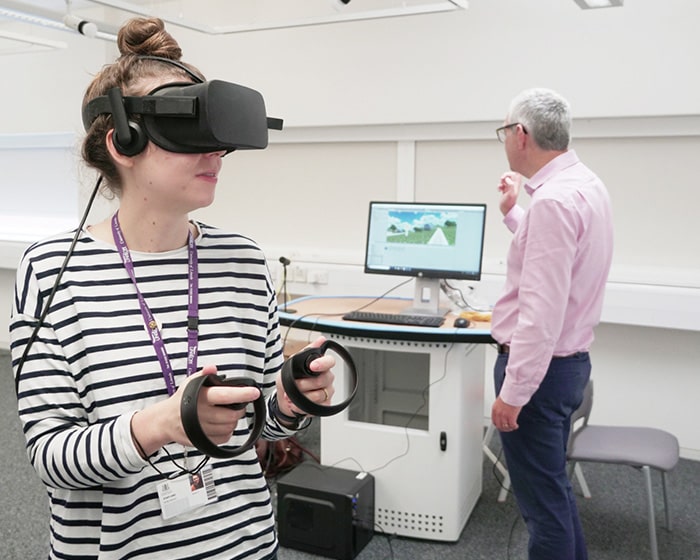Welcome
We bring together the disciplines of History, English, Conservation, Classical Studies, Philosophy, Modern History and Archaeology to offer dynamic approaches to studying human life and culture in the global 21st Century. We pride ourselves on enabling you to follow your own individual learning path with flexible opportunities to pursue your own interests.
Here, the city of Lincoln can be your classroom. Historians can explore Lincoln Cathedral, its medieval castle, and the region’s World War II history at the International Bomber Command Centre. Classicists can discover Roman ruins and the original Roman Arch at the city’s entrance.
English students can enjoy the works of Tennyson at the Tennyson Research Centre or delve into a medieval manuscript at the Wren Library or the Exchequer Gate Library.
The philosophers among you can examine fundamental questions about the world around us, while Conservation students learn in the largest centre for conservation and restoration study in the UK.
Our academics' award-winning, research-led approach enables our students to study at the cutting edge of world-leading research, guided by internationally recognised practitioners.
We look forward to welcoming you into our thriving, growing community at the University of Lincoln.
Professor Amy Livingstone
Head of School
Facilities
At Lincoln we are constantly investing in our campus to provide the best learning environment. Students in the Lincoln School of Humanities and Heritage are also privileged to have access to a range of unique local resources in the city of Lincoln itself.

/prod01/university-of-lincoln-cdn-pxl/media/responsive2017/collegeofarts/schoolofhistoryandheritage/Humanities,billboard,23,2.jpg )
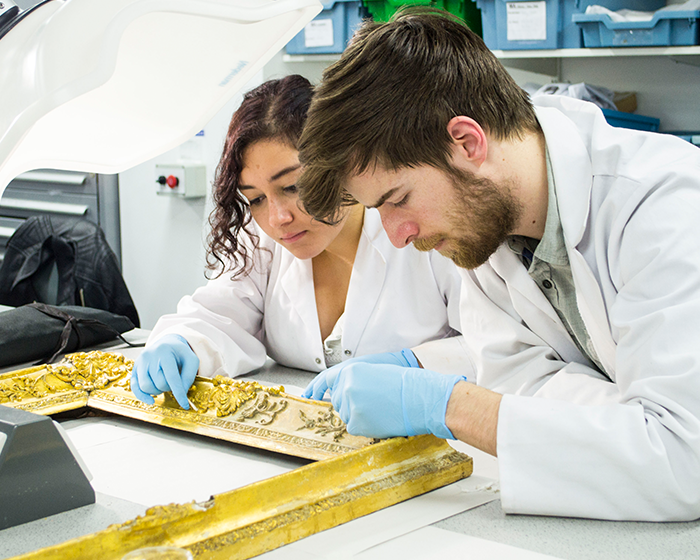
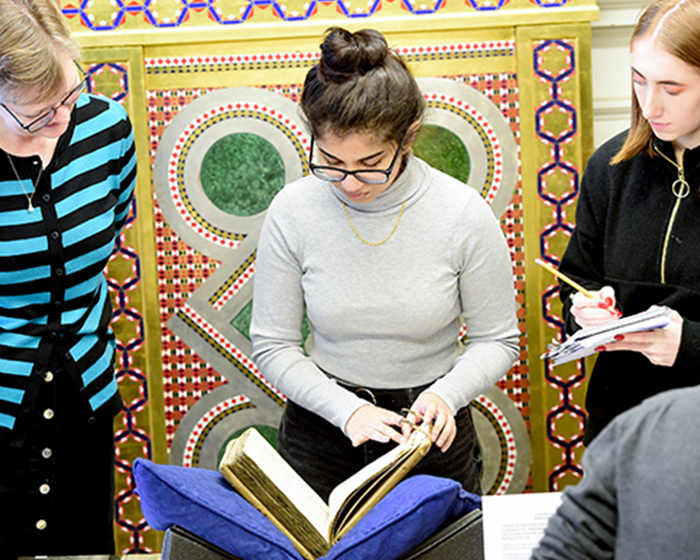
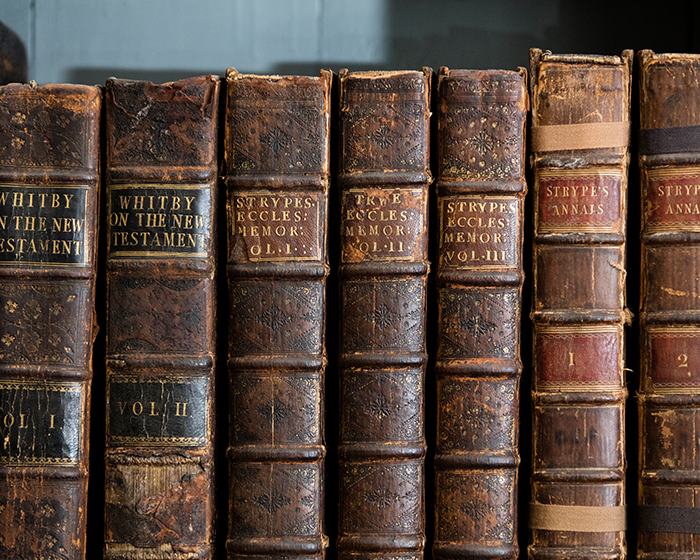
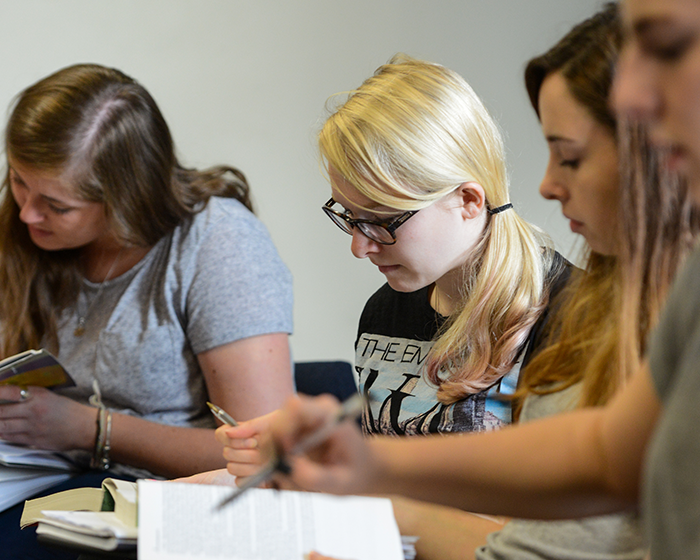


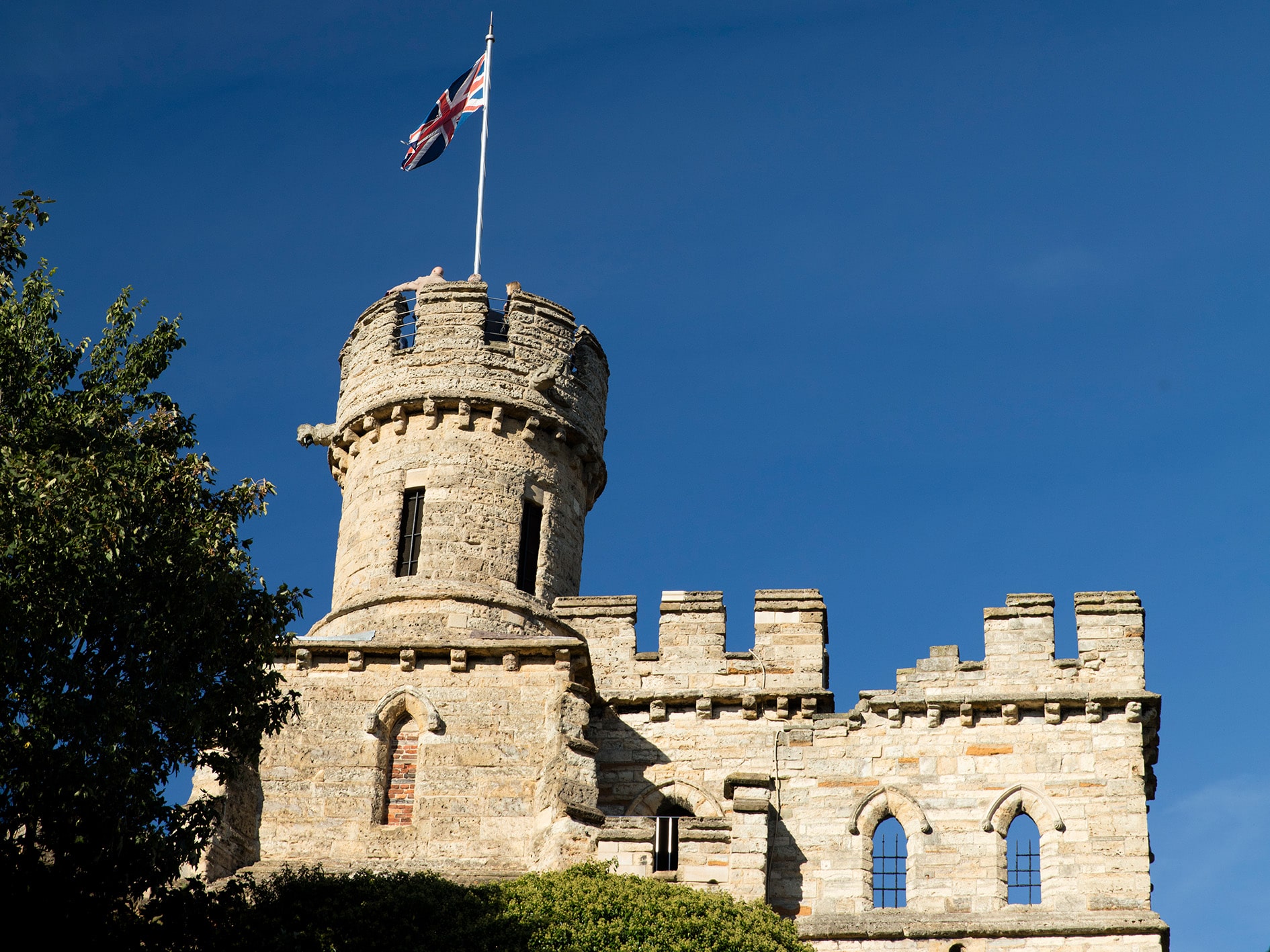
.jpg)
.JPG)
.jpg)

.jpg)
